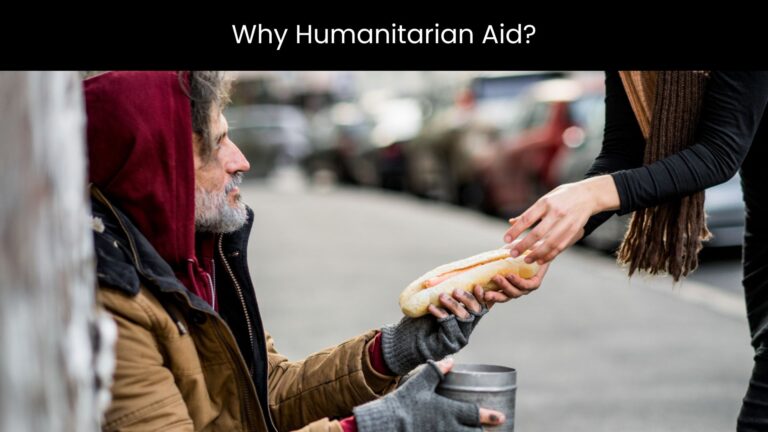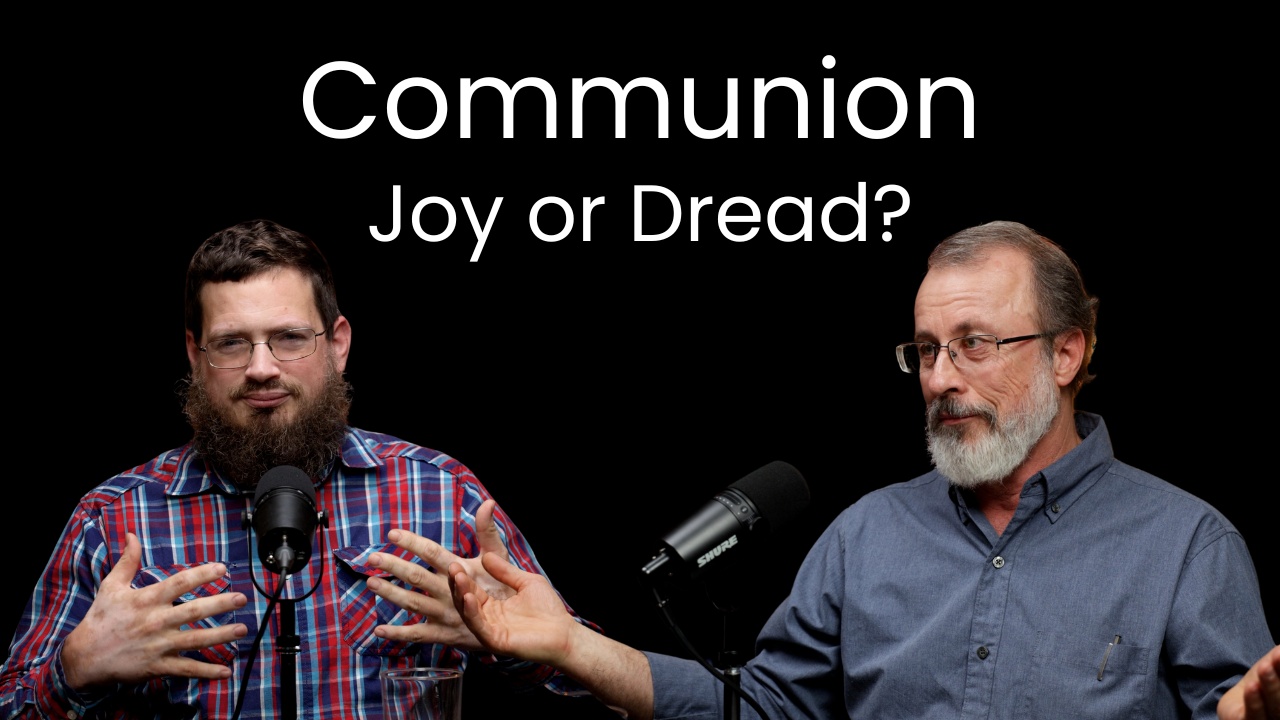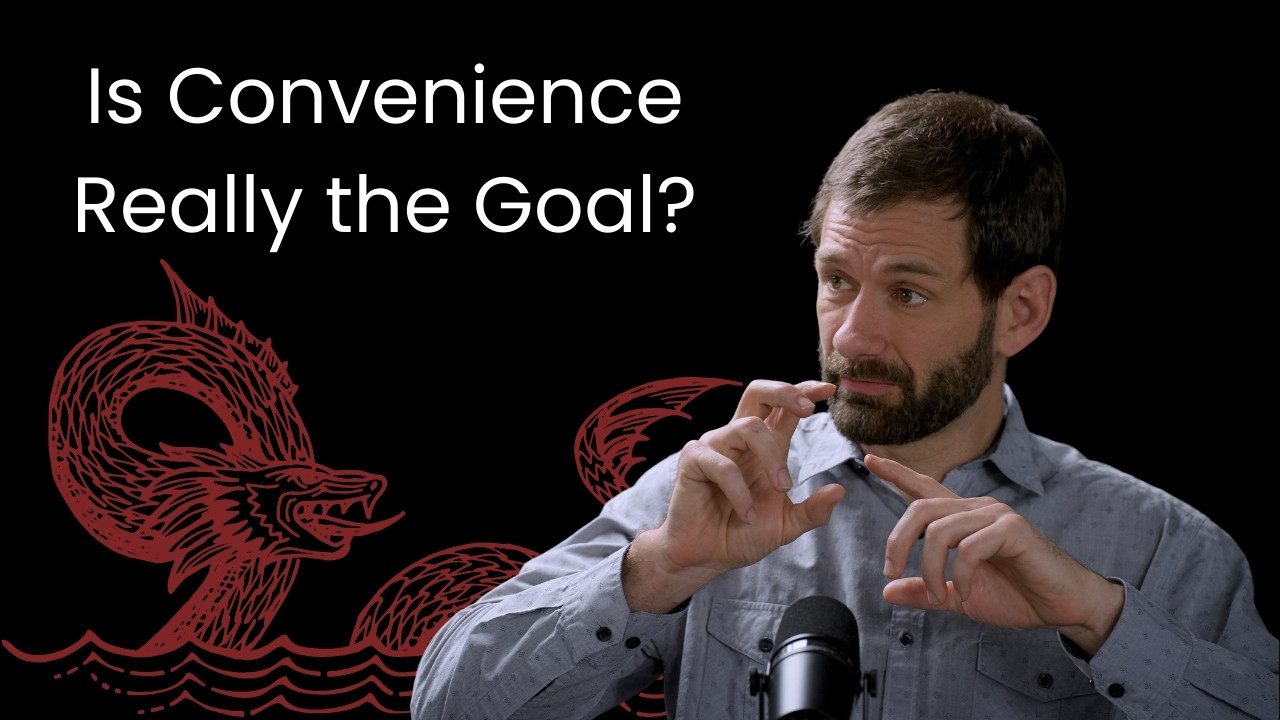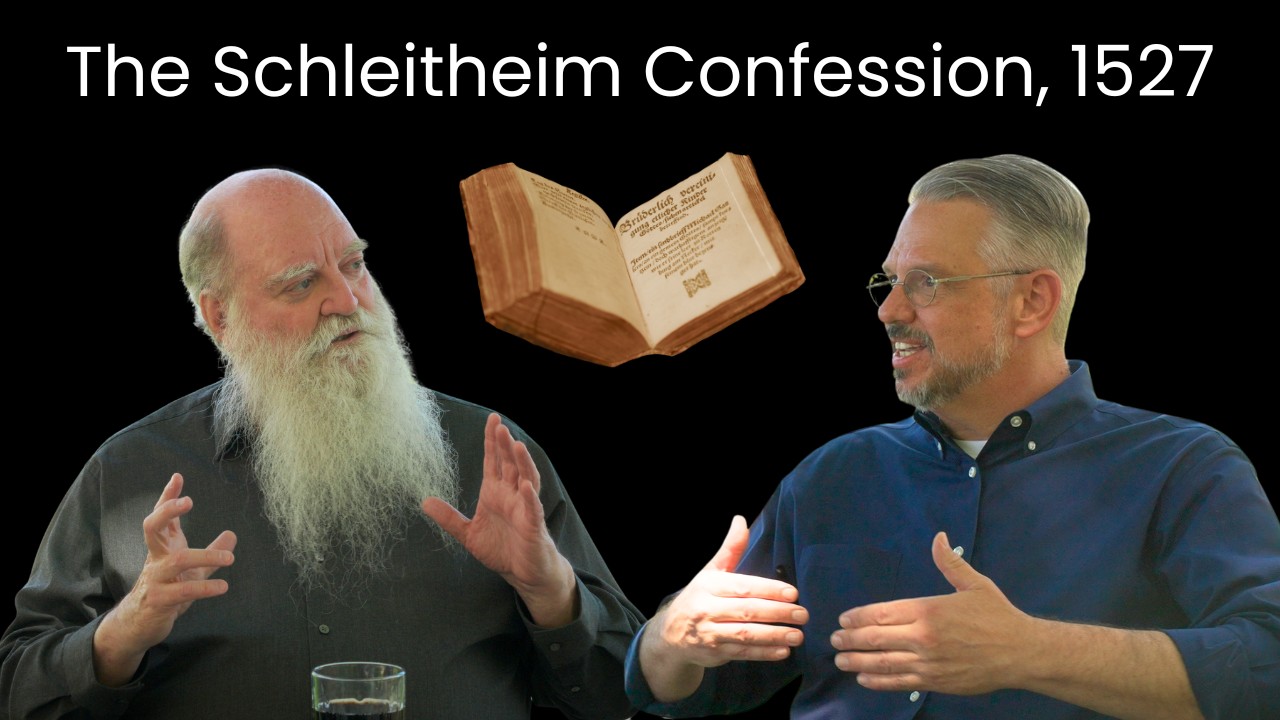Men are Going to Hell: Why Bother with Humanitarian Aid?
The Apostles, commanded by Jesus to share His message,1 traveled all over the known world. They believed time was short, and they had an important message to deliver. Followers of Jesus since that time have carried the same urgency. We want the entire world to understand who Jesus is. God is still at work in our world, and although we are not the original eyewitnesses of Jesus’ life and resurrection,2 we have also been called to be “laborers together with God.”3 But what are we to be doing, and how is this message supposed to spread? Is serving the poor part of Jesus’ commission to the church? Or is humanitarian aid a second-class ministry or, even worse, a distraction from our real mission? As one well-meaning individual said, “I am afraid all we are doing with this focus on material aid is sending fatter and better-fed people to hell!” Others charge those involved with humanitarian aid as promoting a social gospel. Is this true?
A Social Gospel?
This term generally refers to a Protestant movement which arose in the late 19th and early 20th centuries. The focus was on education, peacekeeping, poverty alleviation, and the prohibition of alcohol. The goal was to encourage Christians to rise up and engage in overcoming these social ills. However, as the focus shifted to the present world, instead of remaining on the world to come, the doctrines of sin, salvation, and the eternal state were neglected. Christianity was seen as a social reform movement, rather than a call for repentance and personal conversion. If we fall prey to this error, then we should indeed be concerned about a focus on humanitarian aid. However, church history is known for its pendulum swings. The Social Gospel was a reaction to a previous error, and before we react to its inaccuracies let us return to what the Bible actually says. We need to address questions such as: what is the heart of God, how did Jesus respond to physical need, and how did the Early Church address material poverty?
The Heart of God
Throughout the Old Testament, God clearly had a consistent concern for the materially poor. Repeatedly the plight of refugees, orphans, and widows is addressed. Just before entering the promised land, God reminded the children of Israel of His concern for the poor. “For the LORD your God is God of gods, and Lord of lords, a great God….He doth execute the judgment of the fatherless and widow, and loveth the stranger, in giving him food and raiment.”4 He focused specifically on strangers and refugees and how they should be regarded. “Love ye therefore the stranger: For ye were strangers [refugees] in the land of Egypt.”5 They were going into a land of plenty, but they were to pay special attention to the needs of sojourners and exiles. In the same message, Moses pronounced condemnation on any Israelite who took advantage of the poor. “Cursed be he that perverteth the judgment of the stranger, fatherless, and widow.”6 Years later, Isaiah again reminded the children of Israel: “When the poor and needy seek water, and there is none, and their tongue faileth for thirst, I the LORD will hear them, I the God of Israel will not forsake them.”7 God has a special heart for those who are in want, and He wants His people to remember their need. David wrote, “Blessed is he that considereth the poor: the LORD will deliver him in time of trouble.”8 But how did Jesus respond to material poverty? He came to die, rise from the dead, and save men from their sins. Would He waste time on physical need?
The Example of Jesus
Reading through the Gospels, it is impossible to miss Jesus’ consistent interest in the physical needs of humanity. Repeatedly we confront verses revealing His empathy toward those in want. “Jesus went forth, and saw a great multitude, and was moved with compassion toward them, and he healed their sick.”9 He was widely known for dealing with physical need, and His ability to do miracles of healing became one of His trademarks. Blindness, leprosy, lameness, blood diseases—all were of concern to Jesus and no disease was beyond His capability to rectify. Yet His concern went beyond sickness. Even ordinary hunger got His attention. “Jesus called his disciples unto him, and said, I have compassion on the multitude, because they continue with me now three days, and have nothing to eat: and I will not send them away fasting, lest they faint in the way.”10 Throughout Jesus’ ministry we see constant concern for the physical needs of humanity. In fact, the closest thing we have to a mission statement from Jesus almost sounds like He was partial to those in need. The Spirit of the Lord is upon me, because he hath anointed me to preach the gospel to the poor; he hath sent me to heal the brokenhearted, to preach deliverance to the captives, and recovering of sight to the blind, to set at liberty them that are bruised.”11
Example of Early Church
Picture yourself living just after the Holy Spirit descended on the Day of Pentecost. You watched God’s miraculous power translate languages and transform lives. Around 3,000 people were converted and received baptism in one day.12 The Apostles performed miracles,13 and all around Jerusalem more and more people committed their lives to Jesus. Even Jewish priests were being converted!14 This is an amazing time! The world is waiting, the Holy Spirit is actively working, and you have an incredible, life-changing message to deliver. Would you have spent Would you have worried about the materially poor when the world was full of souls who had never heard the Gospel? Let us look at what happened.
Reading about those first believers in the book of Acts is fascinating. Conversion seemed to have an immediate impact on how they regarded material poverty. The growing church began selling property and giving to the poor. Its leaders even formed a feeding program for widows. All this was simply part of what it meant to be an early Christian. A few years later, when Paul was sent out as a missionary, notice the instructions given by the other Apostles: “When James and Cephas and John, who seemed to be pillars, perceived the grace that was given to me, they gave the right hand of fellowship to Barnabas and me, that we should go to the Gentiles and they to the circumcised. Only, they asked us to remember the poor, the very thing I was eager to do.”15 Here was Christianity’s primary missionary with just a short time to deliver the Gospel to an unreached world. Why would the Apostle Paul spend valuable time focusing on poverty? Is it possible, in our sincere desire to avoid a Social Gospel, that we have underestimated the heart of God regarding serving the poor?
I do not read that the Apostles sat down and decided that new converts should sell their property and give the proceeds away. In fact, until the sixth chapter of Acts, we don’t see them giving much thought to organizational structure in their attempt to deal with poverty. Sharing seemed to simply be part of what it meant to be a follower of Jesus. It happened organically! They did not try to separate their natural and spiritual lives. Like Jesus, their spiritual lives were intertwined with their work and daily activities. Sharing was not a program, but a posture toward those who lacked.
The same should be said about us. Like sharing the Gospel, helping those in need is to be part of our daily lives. I remember standing along a road in Waslala, Nicaragua with Pablo Yoder years ago. Pablo was sharing about the church’s work. Pointing down the road toward the medical clinic, he said, “I don’t know of anyone who has been saved because of that clinic. But the fact is, our churches wouldn’t be here without it. The work there gives context to the spiritual message we preach. It demonstrates what it means to be a Christian.”
Our Purpose
We are not here trying to make the world a better place by social reform. We do not believe that by doing enough good, feeding enough people, or providing enough medical care we can permanently reform this world. We do not subscribe to the belief that real change will come by helping elect the best people, or that passing the right laws will bring the kingdom of God to the world. That is a Social Gospel. We do not believe that a good society will transform people or that by doing enough good, people will be saved. Real change only comes when men and women individually find forgiveness through the blood of Jesus and surrender their lives to His Lordship.
But neither do we believe that helping people with material needs should be separated from spiritual life. We do not believe that our only focus is getting everyone to heaven, and that their earthly, physical needs do not matter. God wants people to flourish, both physically and spiritually, and this is our desire as well. Like Jesus, we are representatives of the character of God. Like Jesus, we should be known for doing good.16 This gives context to the spiritual message we are sharing and the kingdom we are promoting. When churches collectively follow Jesus and exhibit His love for the poor, an attractive and compelling beauty emerges.
__________________________________
References
9 Matthe#note9contextw 14:14








Leave a Reply